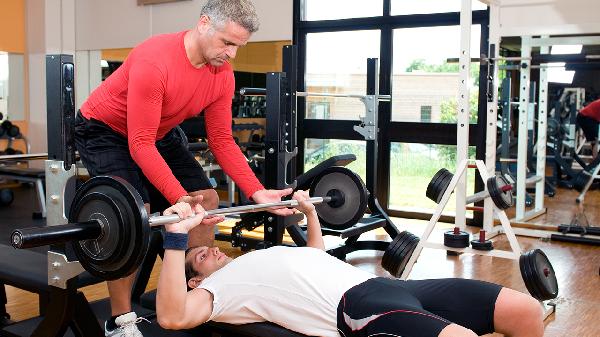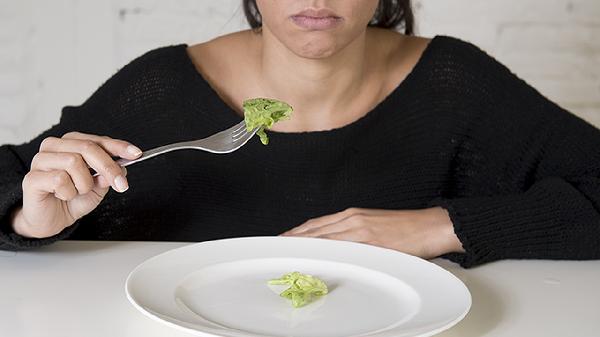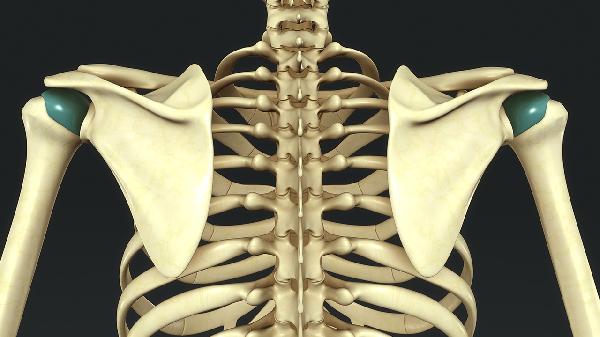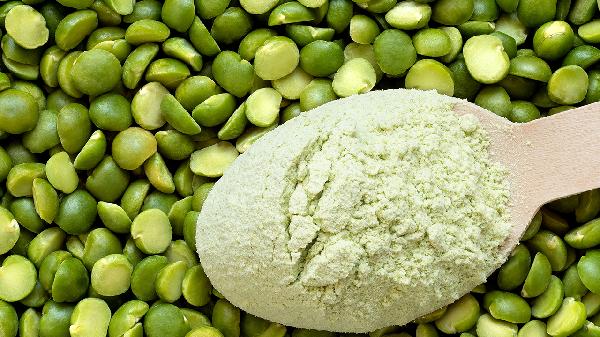If you're serious about packing on muscle, you already know that lifting heavy is only half the battle. The real magic happens in the kitchen—or more accurately, with your calculator. Figuring out exactly how many calories you need to fuel those gains (without accidentally bulking into a marshmallow) is where most lifters get stuck. But don’t worry, we’re breaking it down so you can stop guessing and start growing.

Why Calories Matter More Than You Think
You can have the most dialed-in workout split and perfect form, but if you’re not eating enough, your muscles won’t have the raw materials to grow. On the flip side, eat too much, and you’ll end up with more fluff than flex. The sweet spot? A slight calorie surplus—just enough to support muscle growth without turning your six-pack into a cereal box.
How to Calculate Your Baseline Calories
First, figure out your maintenance calories—the number of calories you burn just existing (aka your Basal Metabolic Rate, or BMR). There are a few formulas out there, but the Mifflin-St Jeor equation is one of the most accurate for active folks:
For men:
BMR = (10 × weight in kg) + (6.25 × height in cm) – (5 × age in years) + 5
For women:
BMR = (10 × weight in kg) + (6.25 × height in cm) – (5 × age in years) – 161
But BMR is just the starting point. Next, factor in your activity level with the Harris-Benedict multipliers:
This gives you your Total Daily Energy Expenditure (TDEE)—the number of calories you burn in a day.
Adjusting for Muscle Growth
Now, to actually build muscle, you need to eat more than your TDEE. But not by a ton—aim for a 10-15% surplus. For example, if your TDEE is 2,800 calories, a 15% surplus would be around 3,200 calories. This gives your body enough fuel to recover and grow without excessive fat gain.
Protein, Carbs, and Fats: The Muscle-Building Trio
Calories are king, but macros matter too. Here’s the breakdown for optimal gains:
Tracking and Tweaking for Maximum Results
Numbers are great, but your body doesn’t always follow the math perfectly. Track your weight, strength, and mirror changes for 2-3 weeks. If you’re not gaining (or gaining too much fat), adjust your calories by 100-200 up or down.
The Best Calorie Tracking Apps
Forget pen and paper—these apps make tracking a breeze:
Final Tip: Don’t Obsess
While precision helps, don’t let perfect be the enemy of progress. If you’re consistently close to your targets, the gains will come. Now go crush those weights—and your next meal.
























